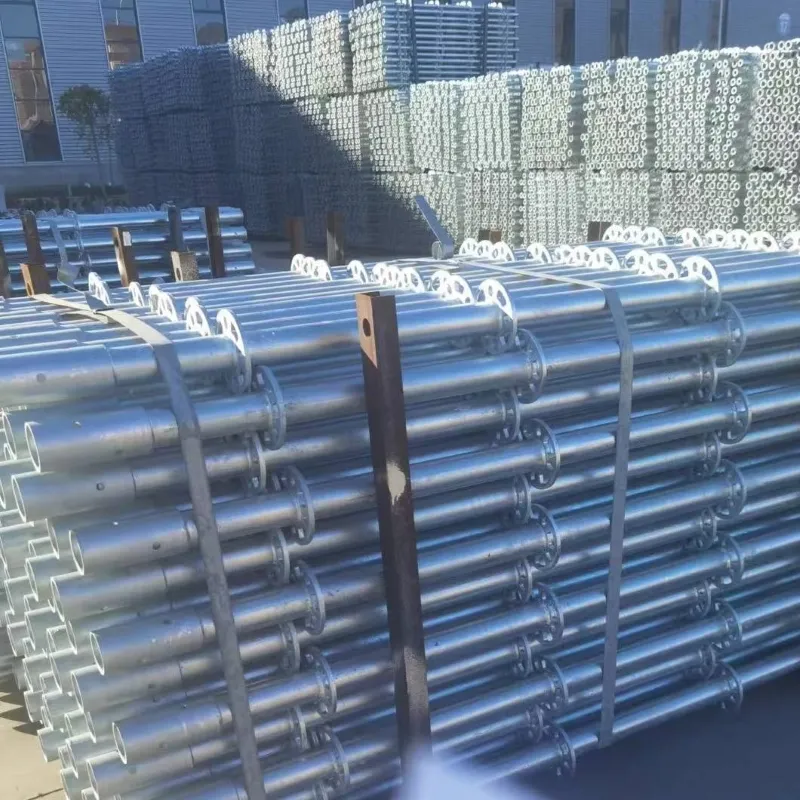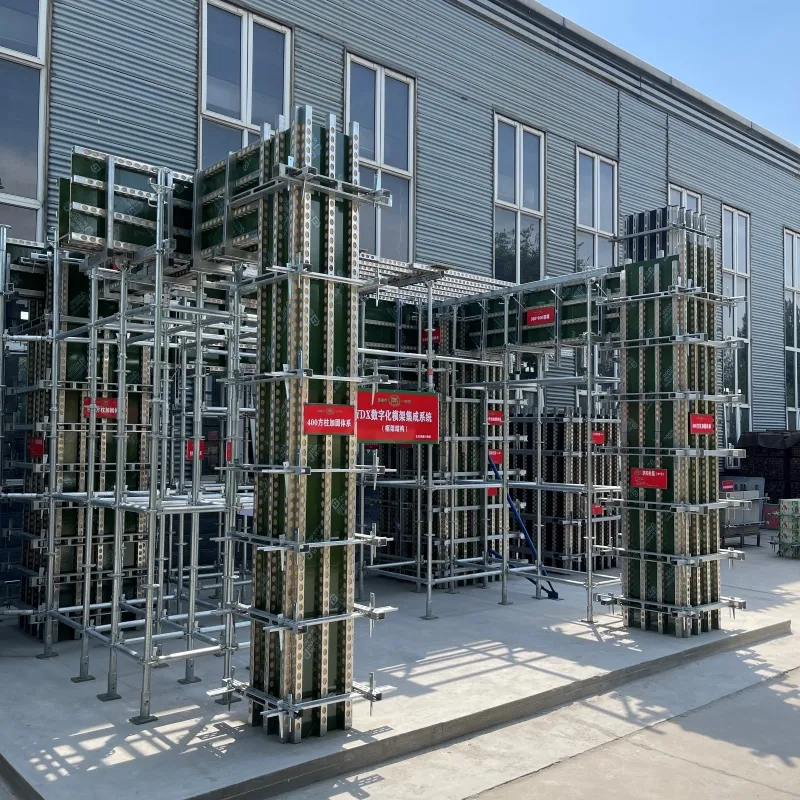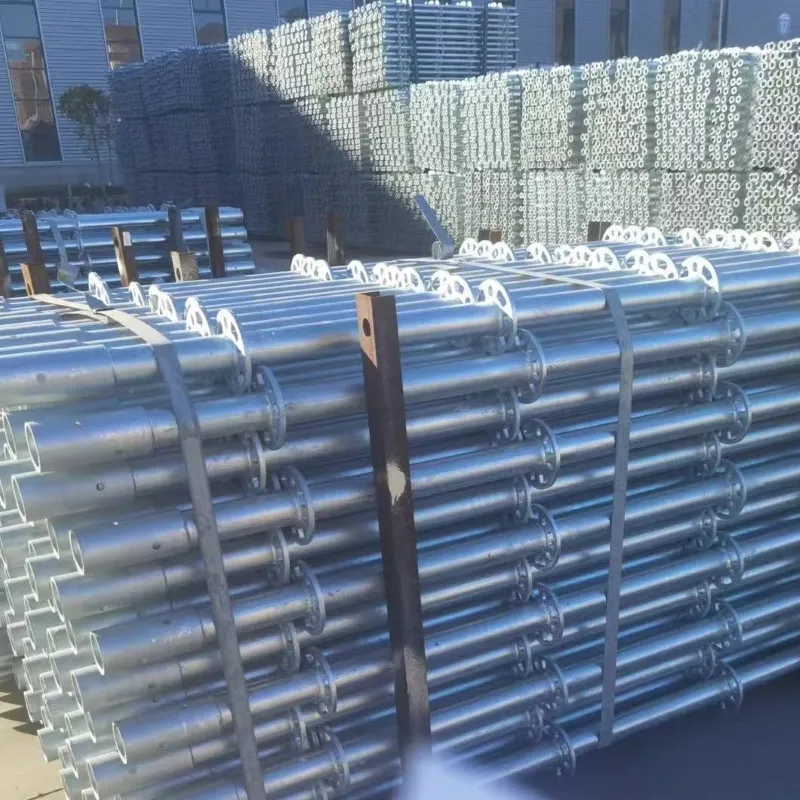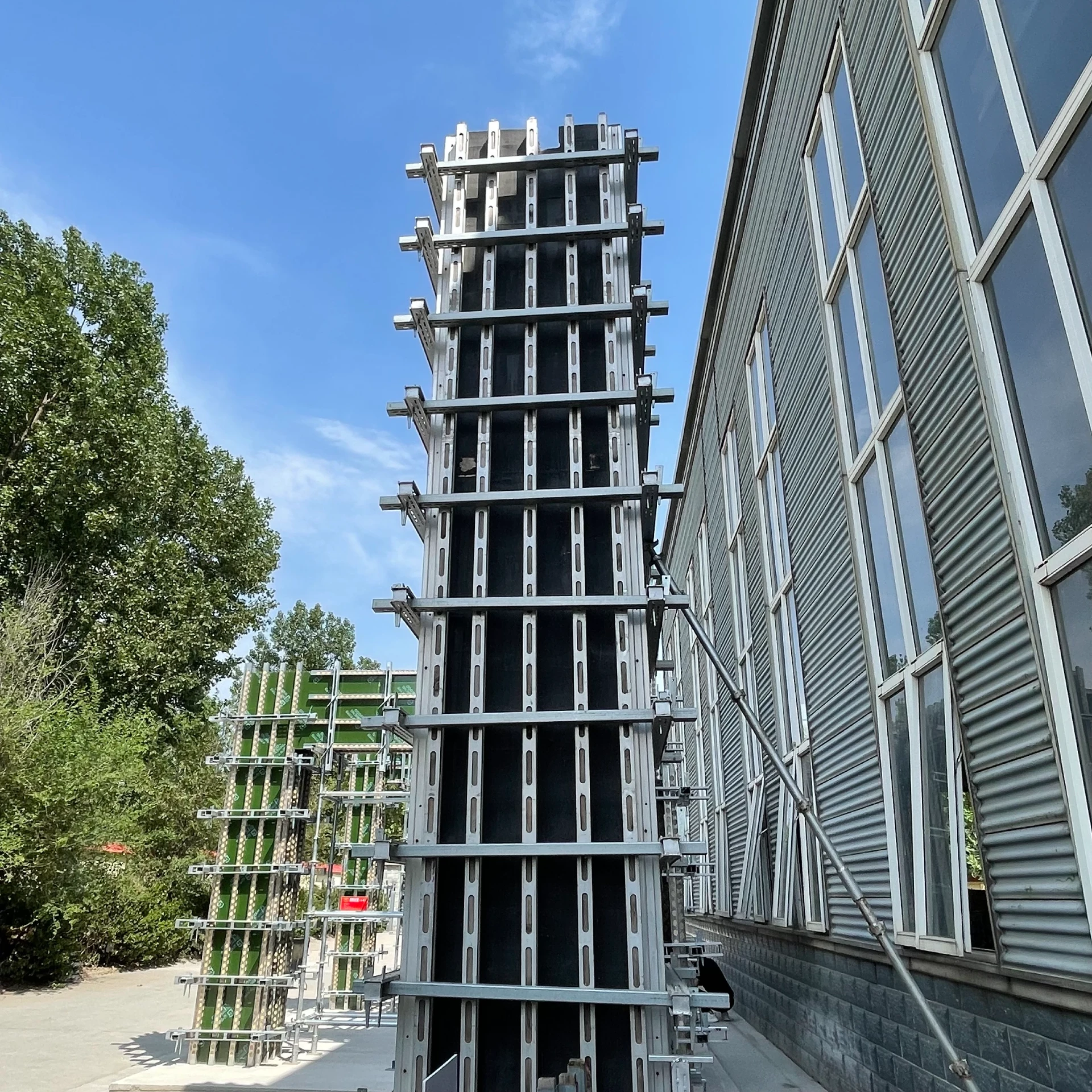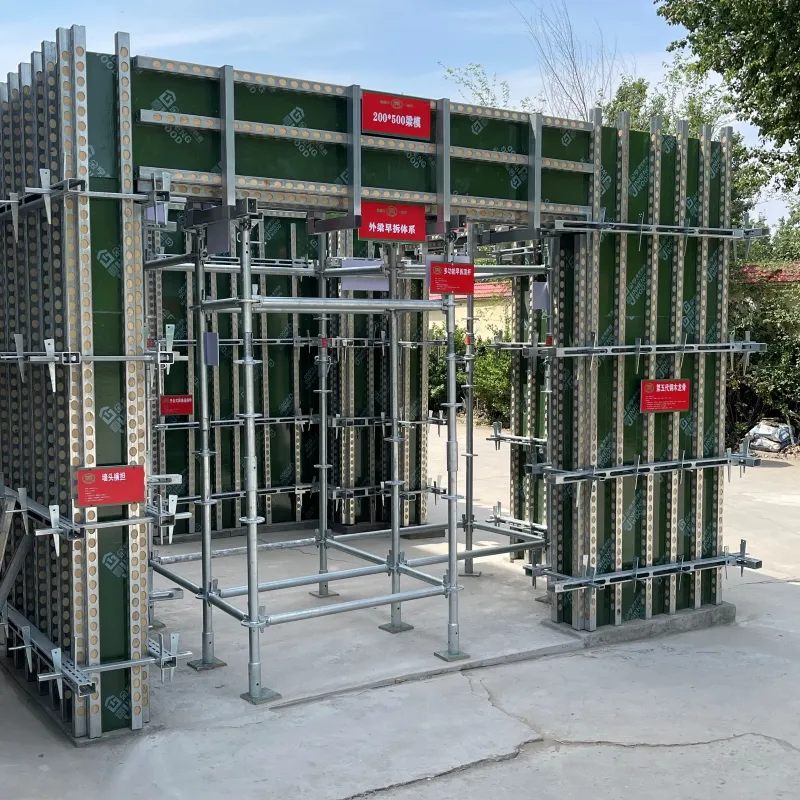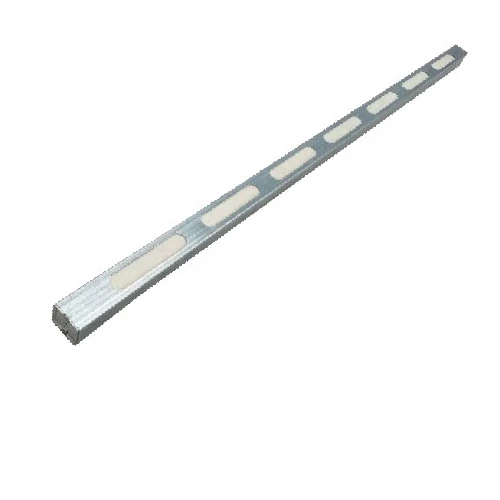
Ene . 23, 2025 05:04
Back to list
Standards - Early Release
Understanding the dynamics of slab flooring costs involves a blend of personal experience, professional insight, authoritative references, and reliable data. This composition takes you through the nuances of slab flooring, focusing on what contributes to its costs and how you can leverage this knowledge to optimize your construction or renovation project.
Location Influences Pricing Geographical factors play a significant role in determining slab flooring costs. For example, regions with higher transportation costs or limited access to materials often see elevated prices. Urban areas, having higher labor costs, contribute to increased installation expenses compared to rural areas. Research authoritative sources like regional construction indices or local contractor estimates to understand localized cost variables better. This allows for a more accurate budget and prevents unforeseen expenditures. Reliability and Trust Through Warranty Another critical factor to consider is the warranty and assurance offered by contractors and material suppliers. Trustworthiness arises when suppliers provide clear warranty information that defends against potential installation or material defects. Evaluate contractors not solely based on price but their reputation and the clarity of their contractual commitments. Long-term Investment and Value Investing in slab flooring is more than an initial outlay; it's about understanding its lifecycle costs and return on investment. Concrete, known for its longevity and minimal maintenance, presents long-term value. A floor that resists wear and weather-related deterioration minimizes repair and replacement costs over decades. Furthermore, an authoritative understanding of how slab flooring impacts property value can bolster your decision-making. Well-installed, high-quality flooring often increases property marketability and selling price, making it a strategic investment. Final Thought Navigating the terrain of slab flooring costs involves a composite evaluation of materials, labor, regional influences, and long-term benefits. By integrating experience with professional expertise and reliable data, you position yourself to make informed decisions that align with your budget and project goals. Such knowledgeable choices not only optimize your expenditure but reflect in the enduring beauty and functionality of your space.
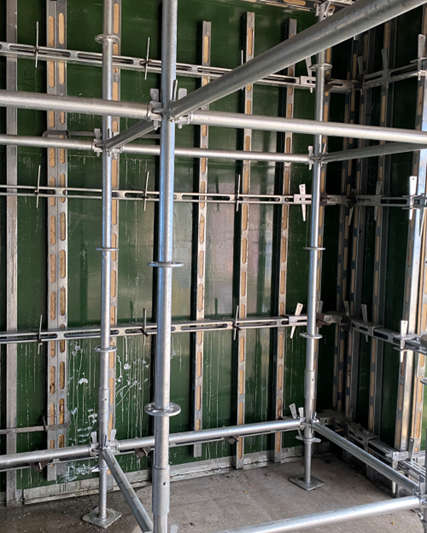
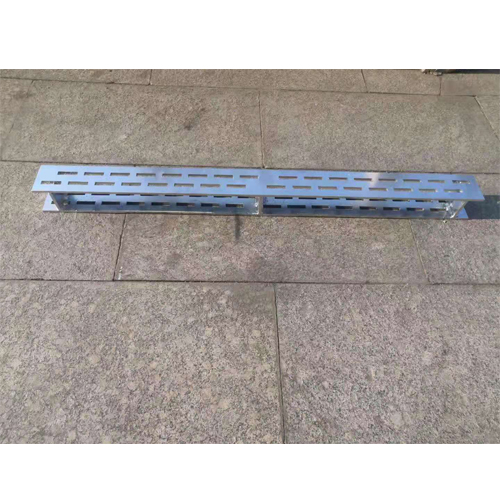
Location Influences Pricing Geographical factors play a significant role in determining slab flooring costs. For example, regions with higher transportation costs or limited access to materials often see elevated prices. Urban areas, having higher labor costs, contribute to increased installation expenses compared to rural areas. Research authoritative sources like regional construction indices or local contractor estimates to understand localized cost variables better. This allows for a more accurate budget and prevents unforeseen expenditures. Reliability and Trust Through Warranty Another critical factor to consider is the warranty and assurance offered by contractors and material suppliers. Trustworthiness arises when suppliers provide clear warranty information that defends against potential installation or material defects. Evaluate contractors not solely based on price but their reputation and the clarity of their contractual commitments. Long-term Investment and Value Investing in slab flooring is more than an initial outlay; it's about understanding its lifecycle costs and return on investment. Concrete, known for its longevity and minimal maintenance, presents long-term value. A floor that resists wear and weather-related deterioration minimizes repair and replacement costs over decades. Furthermore, an authoritative understanding of how slab flooring impacts property value can bolster your decision-making. Well-installed, high-quality flooring often increases property marketability and selling price, making it a strategic investment. Final Thought Navigating the terrain of slab flooring costs involves a composite evaluation of materials, labor, regional influences, and long-term benefits. By integrating experience with professional expertise and reliable data, you position yourself to make informed decisions that align with your budget and project goals. Such knowledgeable choices not only optimize your expenditure but reflect in the enduring beauty and functionality of your space.
Share
Next:
Latest news
-
Top Scaffolding Solutions for Every Construction ProjectNewsApr.21,2025
-
Scaffolding Solutions for Every ProjectNewsApr.21,2025
-
Innovative Construction Solutions for a Stronger FutureNewsApr.21,2025
-
Essential Steel Keel Solutions for Maximum Protection and PerformanceNewsApr.21,2025
-
Building a solid foundation: The importance of high-quality concrete reinforcement accessoriesNewsApr.21,2025
-
Effective Reinforcement for Stronger StructuresNewsApr.21,2025
-
The Essential Role of Timber and Steel in Modern ConstructionNewsMar.10,2025
Related Products




